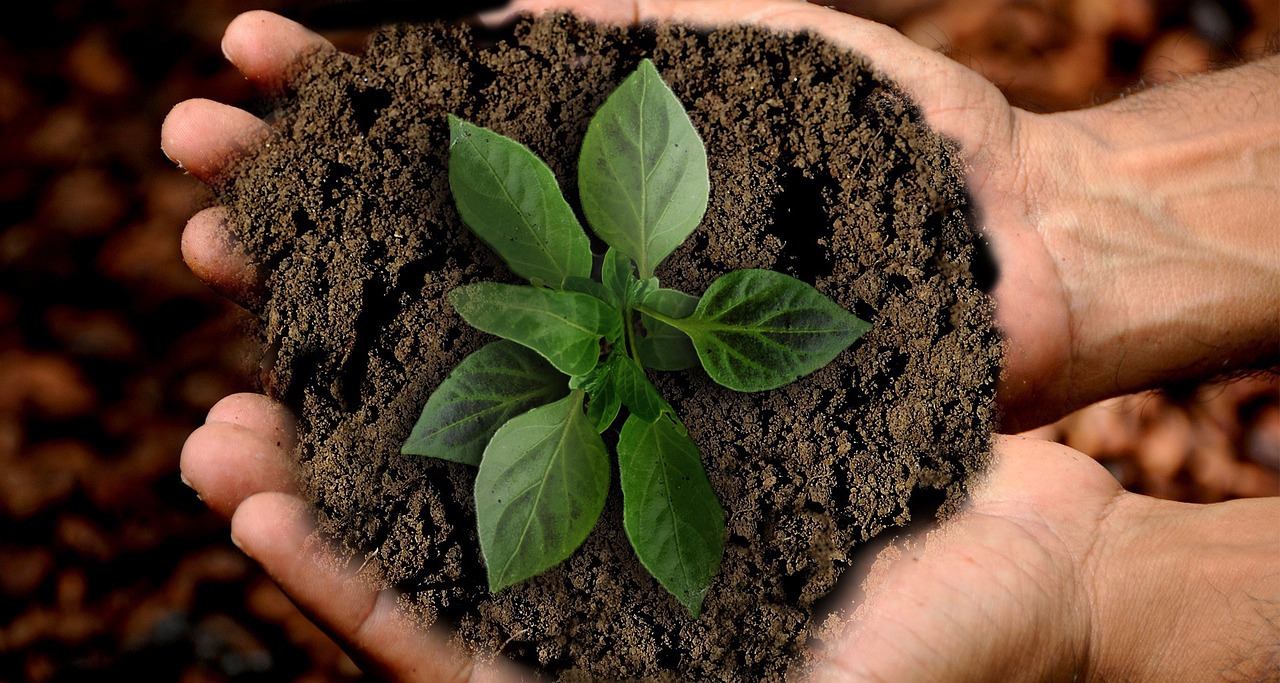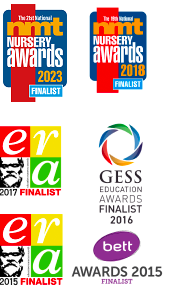Being sustainable needs to be looked upon as a ‘life skill’ such as personal hygiene, using a knife and fork, tying shoelaces, pencil control and as such should not be seen as a chore or a hassle. They may not always/should not always be a task based learning opportunity within this, by all means highlight the importance of being sustainable and open the discussion for children to explore how, why, when and where we recycle, save energy, reuse items etc, and help to encourage children develop their independence.
Over the past year there has been an increase in handwashing and hygiene, resulting in more water usage, more empty bottles from hand wash, cleaning products and hand sanitizer, as well as the potential for an increased use of household wipes and of course the face mask!!!
- Did you know that recycling a single glass bottle will save enough energy to power a laptop for half an hour?
- The energy saved from recycling 1 glass bottle is enough a power a light bulb for four hours
- The energy saved by recycling just 1 aluminium drink can, is enough to run a television for 3 hours!
- In the UK we throw away 13 billion steel cans every year, stacked on top of each other, you could make 3 piles of cans that would reach to the moon!
- Disposable nappies take 500 years to decompose
- Every tonne of paper recycled saves 17 trees
So what can be done;
- Look at your food miles
- Recycling
- Playing outdoor
- Reuse
- Upcycle
- Low energy equipment – rechargeable batteries
- Use toy libraries
- Look at what products are your products made from? Plastic toothbrushes – bamboo toothbrushes
- Lower temperature of washing machine
- Offer reusable nappies – Use reusable wipes or cotton wool at nappy changes
- Offer a toy exchange system with parents, between parents or others in the Early Years sector, childminders, playgroups,
- Create a compost bin
- Play with boxes and packaging from deliveries
- Dye your own pasta, rice, sand
- Create cornflour paint
- Ask parent for items of clothing to use in your ‘spares’ box
- Review your paper and print ink usage
- Do you offer a car share benefit to employees or a cycle to work scheme?
- Reduce glitter use or even remove from the setting
- Plastic plant pots, lolly sticks and egg cartons can be made into great resources
- Have the children collect and use for learning and play natural materials
- Use resources to explore the topic with the children
- Discuss with children about whether they recycle, bike, walk, reuse, turn appliances off at home
- Share resources/activities between rooms where possible, i.e if you make gloop or jelly play
- Ask older children what is one thing they can change to be more environmentally friendly
- Provide children with their own drinks bottle to refill throughout the day to reduce washing up
- Are their any charities you can support collecting stamps, printer cartridges or plastic milk bottle lids or donate toys or clothes too
- Look at the science. Steel is the only common metal that will stick to a magnet. Collect metal objects for recycling and test if they are steel or aluminum.
Most importantly lead by example!!!
www.biniteducation.com Programmes provide teachers with a great opportunity to include eco-learning in the curriculum with a multitude of primary age tailored learning resources – all free, which you may be able to adapt or take some inspiration from to create age appropriate activities and learning materials
National Day Nurseries Association have some upcycling tips https://www.ndna.org.uk/NDNA/Community/myNDNA/myNDNA_tip_of_the_week.aspx
Facebook group https://www.facebook.com/SNAPFORCHANGE/

